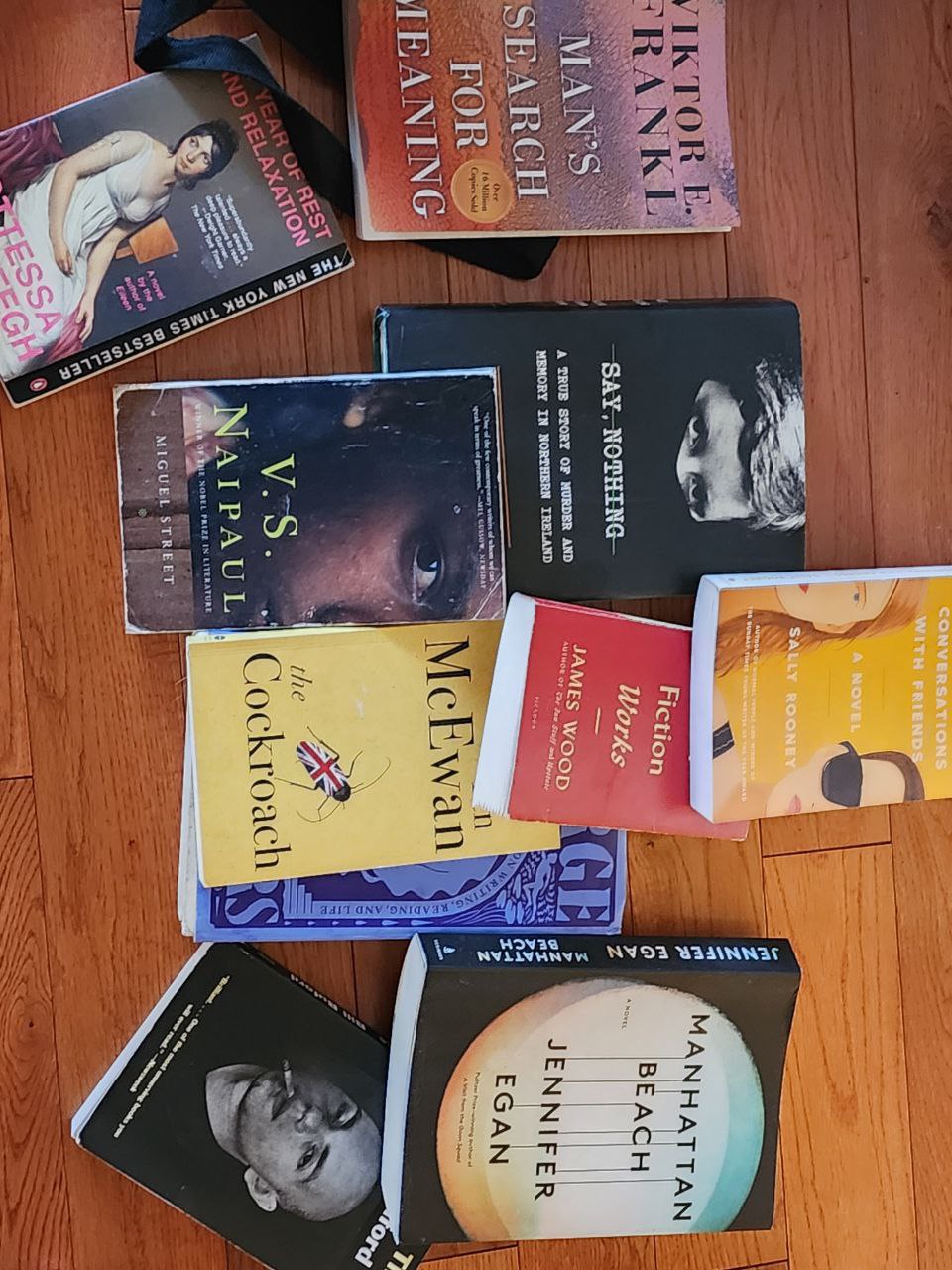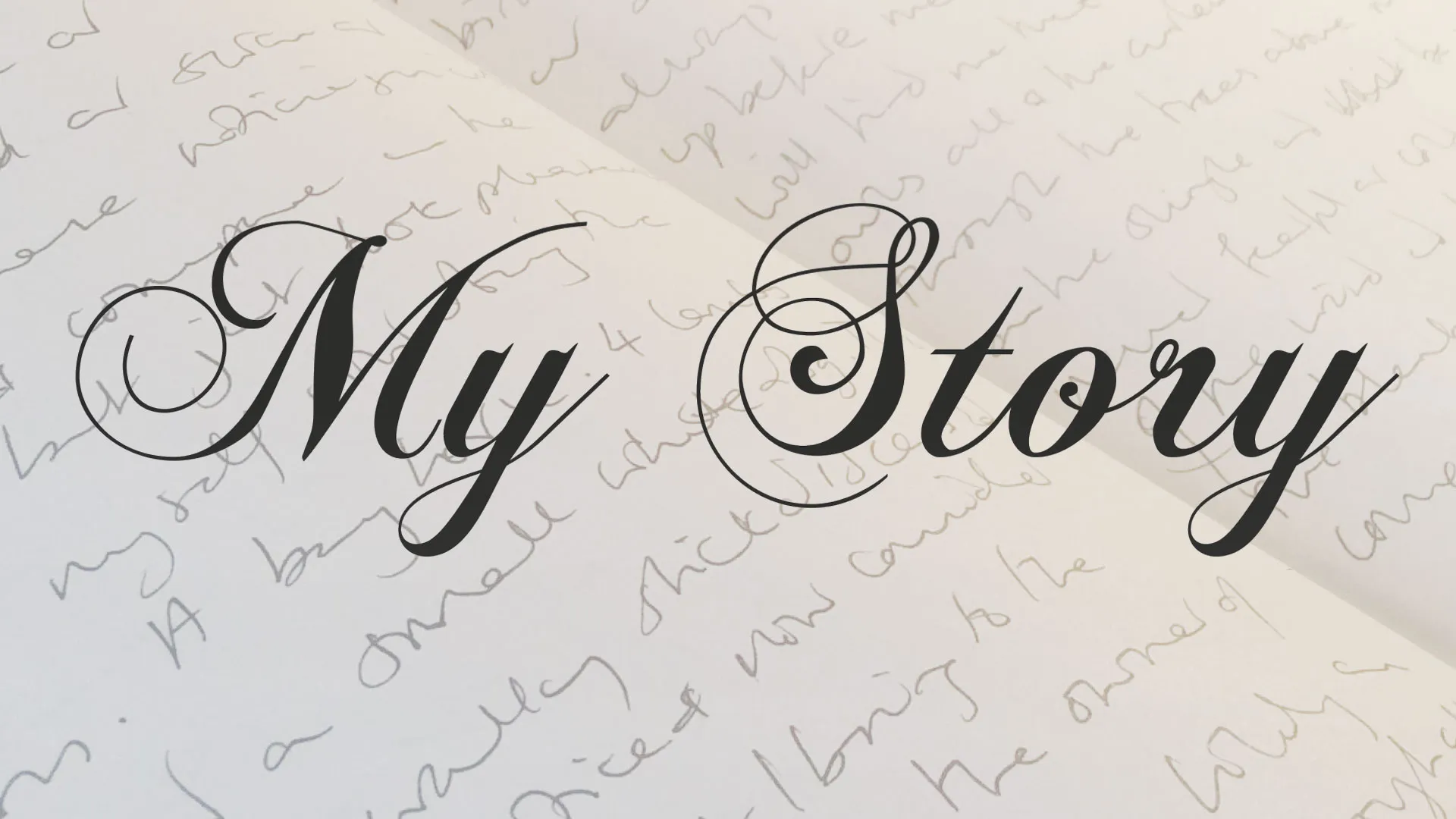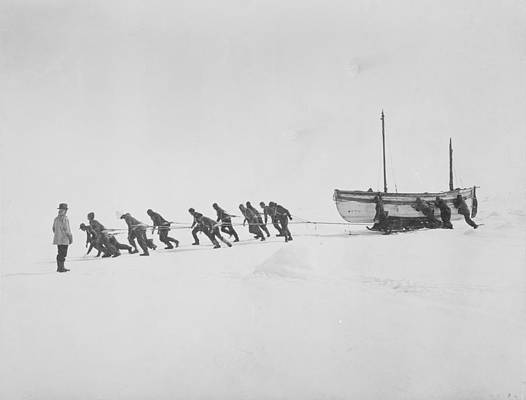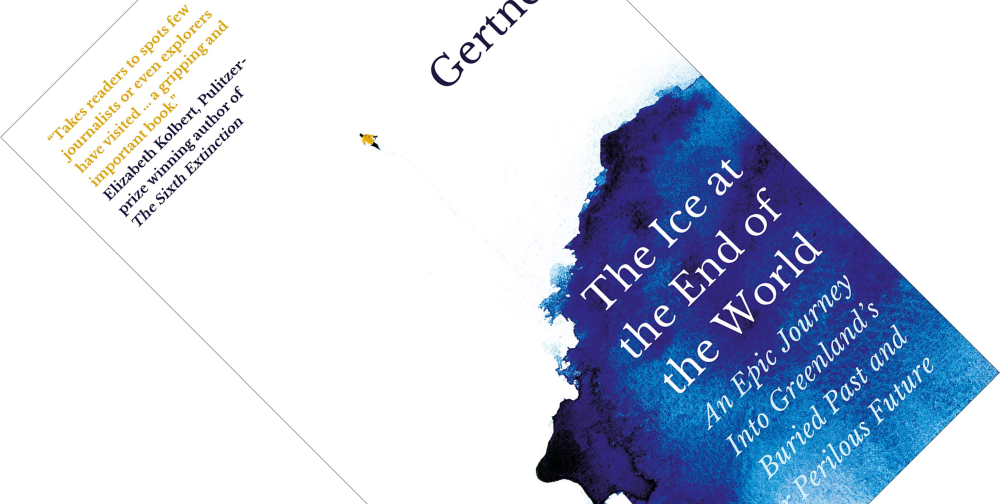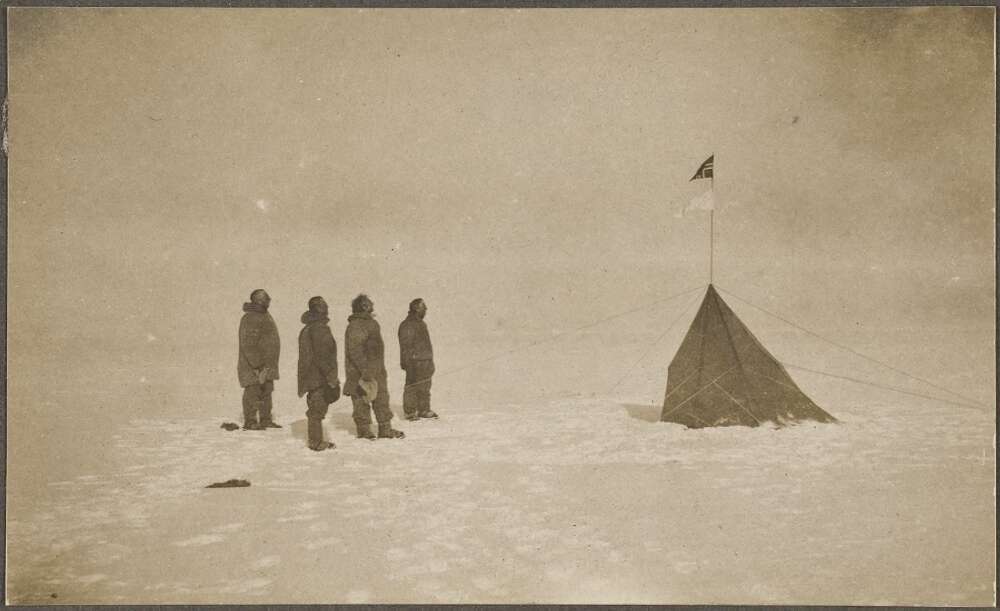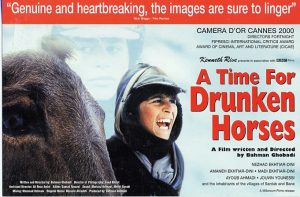A load of books loaned to me by J.K.
J.K. loaned me a pile of books. Among The Thugs by Bill Buford “This is, if you like, the answer to the hundred-dollar question: why do young males riot every Saturday? They do it for the same reason that another generation drank too much, or smoked dope, or took hallucinogenic drugs, or behaved badly or rebelliously. Violence is their antisocial kick, their mind-altering experience, an adrenaline-induced euphoria that might be all the more powerful because it is generated by the body itself, with, I was convinced, many of the same addictive qualities that characterize synthetically produced drugs.” The author embedded…
